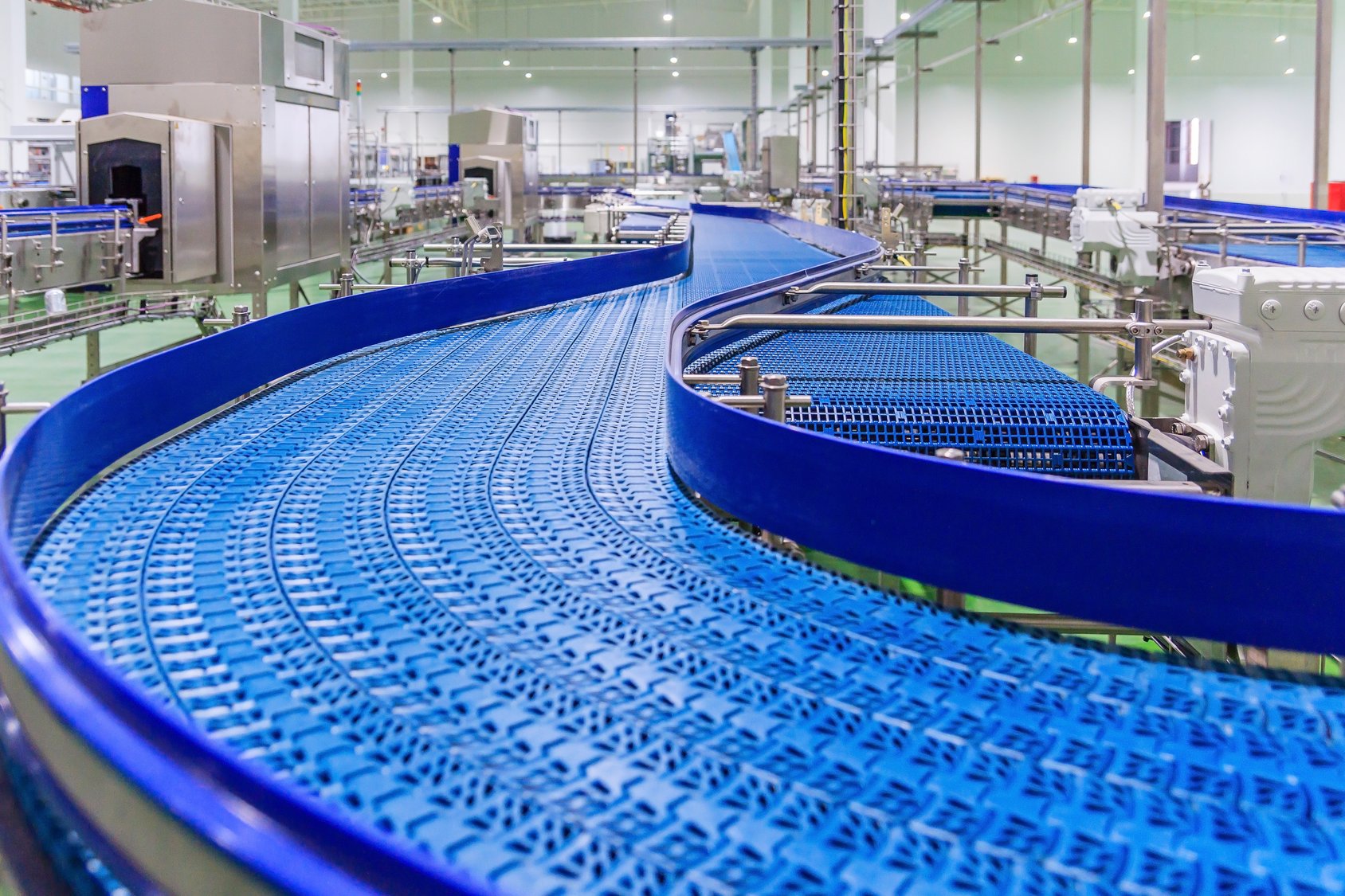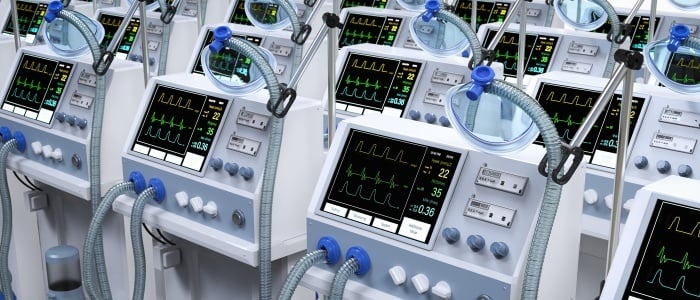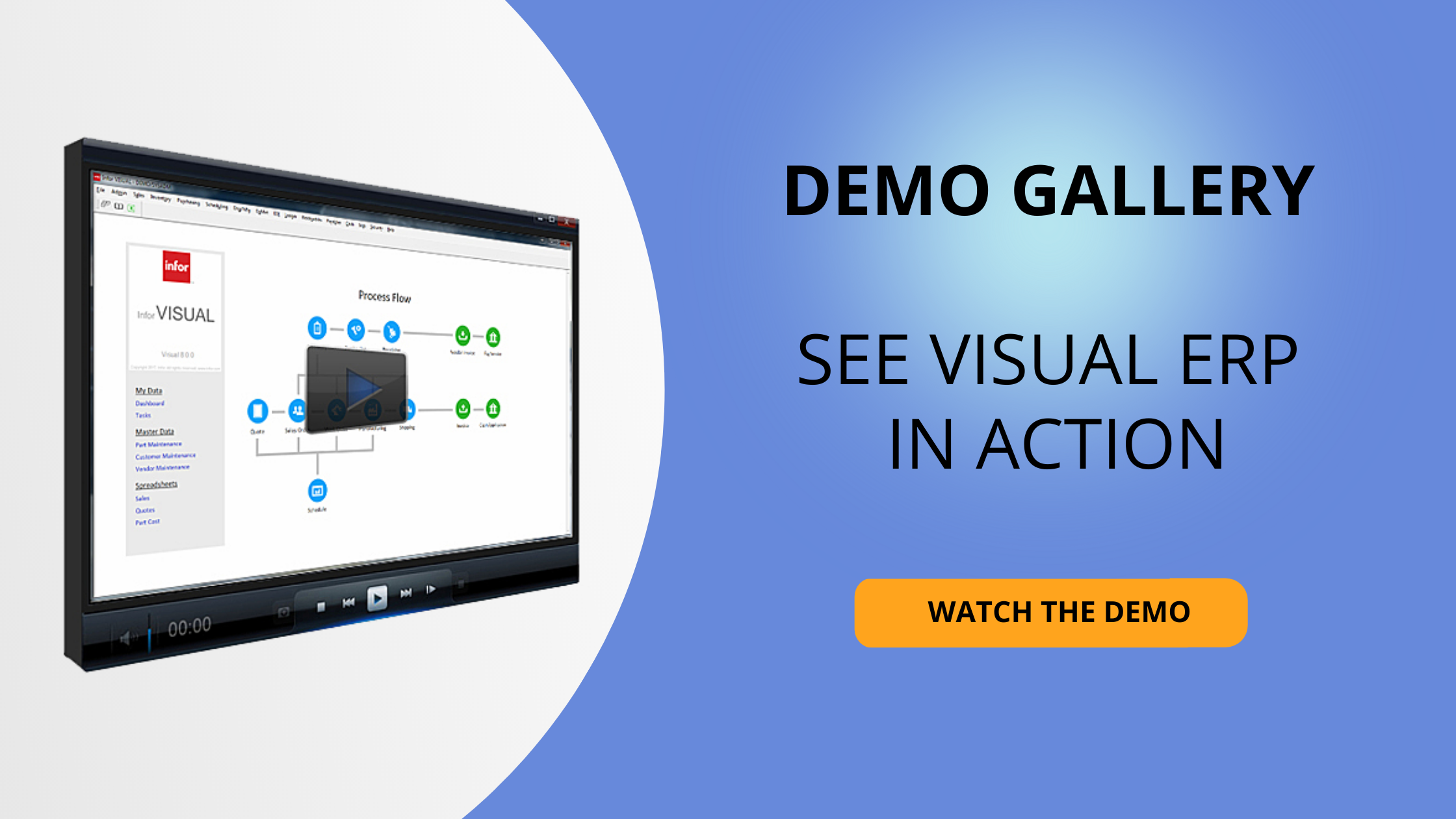Medical device manufacturing ERP requirements
Medical device manufacturers need specific functionality in their ERP system. The functionality requirements fall into three main categories: in-depth abilities to handle cradle-to-grave lot and serial traceability; integrated quality control; and extensive abilities to meet demand requirements and schedule the associated work orders to build-to-stock, build sub-assemblies, and produce finished goods.
In addition to those three primary requirements, a medical device ERP software particularly needs the ability to track consignment inventory as many manufacturer reps, and even hospitals, use this inventory tracking mechanism. Often expensive samples are tracked this way as well.
Other functional requirements of ERP for medical device manufacturers of note are:
- A strong engineering module to manage and store engineering masters, drawings, work instructions, and engineering change control.
- CAD integration is needed to ensure accurate bills and speed of creating BoMs due to the manual creation process no longer needed on the ERP side.
- Engineering change control is especially important for documented processes and revision control.
- A true document management system is a bonus for tracking associated documents. An excellent example of a true document management system is Infor Document Management, which is included as part of the core system with Infor CloudSuite Industrial/SyteLine ERP.
Let’s focus on the three primary functional requirements:
Lot and Serial Traceability
To explain more about the three primary must-haves for medical device ERP software, let’s start with lot/serial traceability. This is critical because every component of an implantable medical device is typically lot traced. The trace functionality starts upon receipt of the material and is tracked to the specific work order that consumes the traced material and the finished good, which will be either lot or serial traced itself. The ability for a manufacturer to have online records of which trace materials were used in a finished good and where that finished good ended up is critical, to the point of involving possible life or death situations. The ERP system should make it easy to notify customers and identify issues throughout the entire supply and production chain in the event of a recall.
Quality Control
Tied closely with a strong traceability module is a true integrated quality system. Some lower-end manufacturing ERP systems might have a few screens to address segments of the quality framework, but only a few leading ERP applications have a true native quality system that’s designed to fulfill ISO-certified operations.
Medical device manufacturers are subject to more stringent quality requirements, much like those of the aerospace industry. For example, medical device manufacturers are required to meet FDA regulations, specifically FDA’s 21 CFR Part 11. So, it follows that specific focus in process inspections, non-conformance, and corrective actions are critical areas that need to be addressed within the native ERP to stay within FDA guidelines. With an integrated quality system, inspections can be performed using mobile devices. Required information is fed directly into the quality module in the ERP system and any non-conformance will trigger immediate notifications.
There are a few stand-alone quality systems that are somewhat integrated with various ERP systems. However, we advise that you find an ERP system with a native quality control module as part of the core application, given the importance of this function for medical device manufacturers.
Production Scheduling
The third area essential for medical device manufacturing ERP is the production scheduling component. The focus on manufacturing should not be lost as scheduling cells of CNC machines, assembly operations, and inspections are critical. Proper scheduling allows for more profitable margins due to not having to operate reactively, incur overtime, expedite materials, and manage turbulent schedules. The ability to drive on-time delivery and increase customer satisfaction is important—hospitals and surgical centers need to have inventory on hand to address case load. These organizations will often change vendors, regardless of cost, if products cannot be supplied. In short, you will struggle to manage the scheduling function without a proper advanced planning and scheduling tool in your ERP.
The Visual South team takes pride in being known in the ERP industry as scheduling experts. We constantly engage with manufacturing organizations to help them improve their scheduling and get the maximum utilization of their manufacturing capacity. Having a proper scheduling infrastructure requires the right ERP tool and other foundational components, including accurate engineering masters, run rates on resources, lead times on materials, and a complete ecosystem to support accurate scheduling.
Summary
Medical device manufacturers need to properly address specific requirements when evaluating ERP applications. One size will not fit all and the evaluators need to ensure that trace, quality, and scheduling functionality is provided. Additionally, evaluators should make sure their implementation partner understand the medical device manufacturing industry. ERP companies that leave you on your own for a somewhat do-it-yourself implementation, or only provide generic training, should be excluded.
To discuss your needs as a medical device manufacturer, please contact us for a free 30-minute assessment. For more information about how Visual South helps medical device manufacturers better use their ERP applications, visit www.visualsouth.com.









